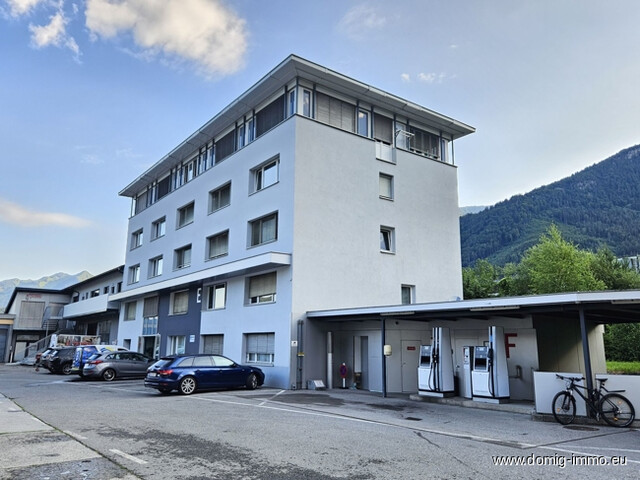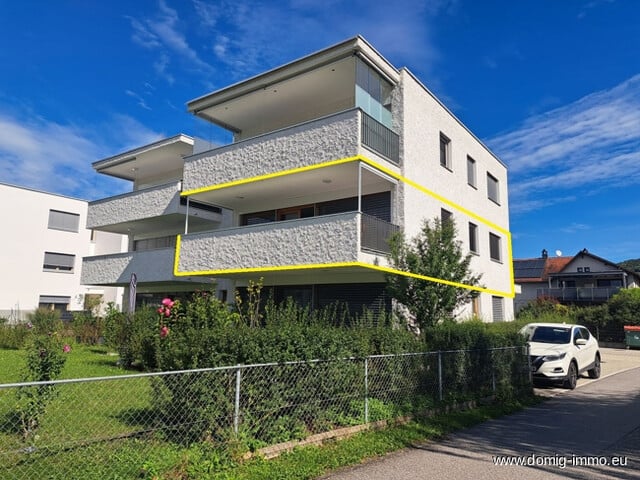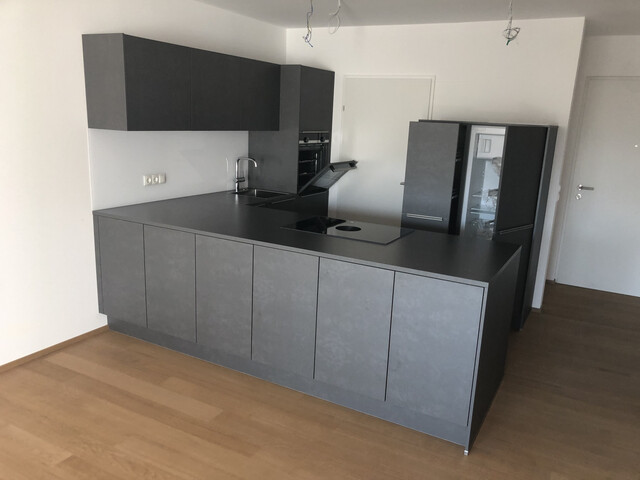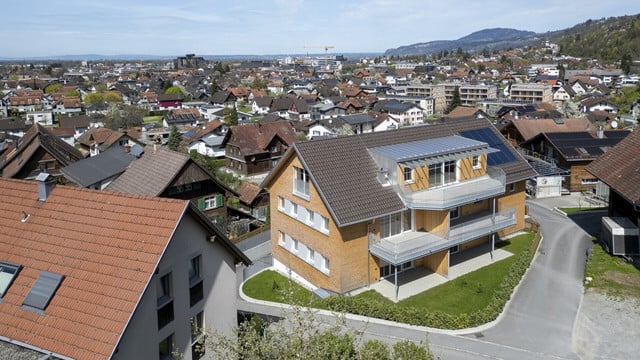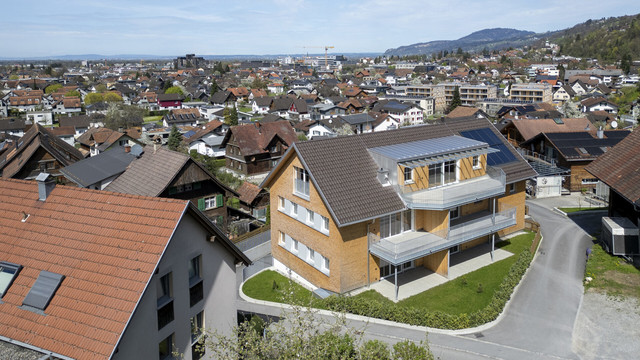New Program Aims to Bring Refugees from Ukraine into Local Care Facilities
The association "All for Ukraine" is working with the care company Senecura on a project to integrate Ukrainian caregivers into the labor market. "I don't understand why Austria is looking for caregivers in India or the Philippines when there are many good potential workers already in the country," said Granig. His association helps Ukrainians find work in Austria.
Refugee Coordinator: Basic Provision as "Inactivity Trap" for Refugees from Ukraine
Together with Senecura, it has been possible to develop an approach that allows for gradual integration into the labor market. Even before the bureaucratically demanding recognition of degrees and training from Ukraine (nostrification), the displaced can be employed as assistants in care facilities. During their employment, it is easier for them to meet the requirements - sufficient German language skills, passing additional exams. After completing the nostrification, the caregivers are already trained and can continue working in a higher function as nursing assistants or registered nurses.
"Nursing and health training in Ukraine is of a high standard, and the training lasts four years, even a year longer than ours," noted Senecura spokesperson Johannes Wallner. A nostrification during the work process also facilitates the process for Ukrainians. "Colleagues help the refugees learn German and especially acquire medical technical vocabulary," said Wallner. Many Ukrainians are also afraid of temporary employment contracts, which for them means falling out of basic provision and an uncertain future. "We want to take away this fear from people," said Wallner.
The reason why many Ukrainian refugees in Austria do not work, the panel saw, besides an "incredibly tedious" nostrification, also in the perfidious regulation of basic provision. The federal government's refugee coordinator, Andreas Achrainer, spoke of an "inactivity trap". Because anyone who starts working immediately loses entitlement to financial support from the state. It doesn't matter whether you work part-time or full-time. "Basic provision is the right system for the initial arrival, which for many was three years ago. We are making it difficult for people to access the labor market," lamented Achrainer. Currently, 37,000 Ukrainians are in basic provision. The future federal government is challenged to initiate reforms here, such as "a red-white-red card for part-time workers" or a parallel continuation of basic provision, even alongside employment, for a certain period.
Plans to Expand the Project for Refugees from Ukraine to Other Sectors
Darya Aslikyan has already gone through the method advocated by All for Ukraine and Senecura. The 26-year-old worked as a nurse in the cardiology department of the Rubizhne hospital in the Ukrainian Oblast Luhansk from 2017 to 2021. After fleeing, she found a job in a Senecura care facility in Rust, where she is employed as a department assistant until her nostrification is completed. Before coming to Austria, Darya could not speak a word of German. "I can learn at work now. Before that, I didn't take a course, but only learned with my husband at home over the internet," she said. As a nursing assistant, Darya could earn nearly 3,000 euros gross after her nostrification.
"Our goal is to accompany another 20 caregivers from Ukraine on their way to a job in one of our facilities in the coming months," said Wallner. All for Ukraine president Granig wants to expand the project even more broadly. "I hope that some companies will take us as a model for what we make of these great people. We hope that many healthcare companies will contact us," he explained. When asked, Granig said that future initiatives would not be limited to the nursing profession.
The Ukraine war triggered a large exodus across the European continent. A total of 125,000 people have been granted displaced status in Austria since February 2022. 78,000 have remained to this day. The displaced are mostly women, children, and pensioners. Men are prohibited from leaving because they are subject to conscription. 12,000 Ukrainian children attend school in Austria.
(APA/red)
This article has been automatically translated, read the original article here.
Du hast einen Hinweis für uns? Oder einen Insider-Tipp, was bei dir in der Gegend gerade passiert? Dann melde dich bei uns, damit wir darüber berichten können.
Wir gehen allen Hinweisen nach, die wir erhalten. Und damit wir schon einen Vorgeschmack und einen guten Überblick bekommen, freuen wir uns über Fotos, Videos oder Texte. Einfach das Formular unten ausfüllen und schon landet dein Tipp bei uns in der Redaktion.
Alternativ kannst du uns direkt über WhatsApp kontaktieren: Zum WhatsApp Chat
Herzlichen Dank für deine Zusendung.
